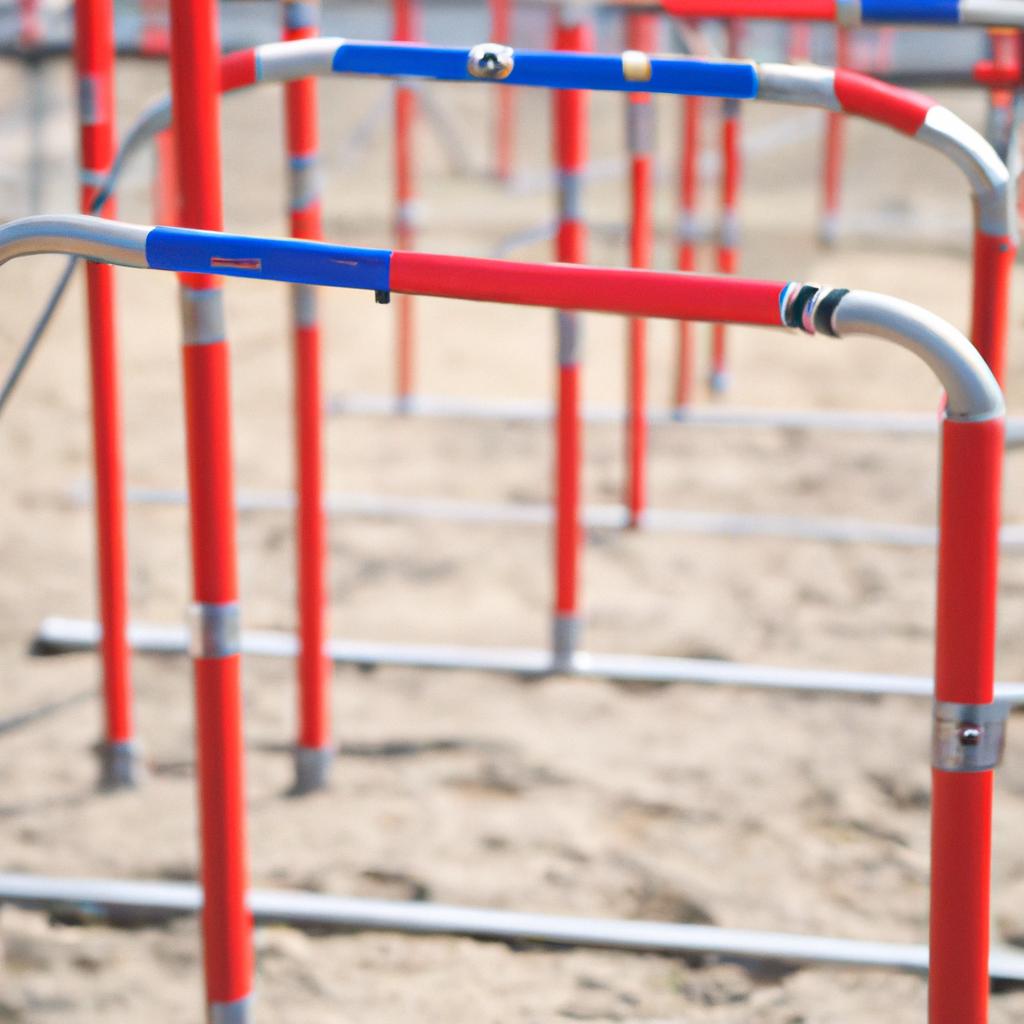The Benefits of Adaptive Sports for Skill Development: How Participation Fosters Personal Growth and Social Skills in Special Populations
# The Benefits of Adaptive Sports for Skill Development: How Participation Fosters Personal Growth and Social Skills in Special Populations
Engaging in sports plays a critical role in personal growth, social interaction, and physical health. For individuals with disabilities, adaptive sports offer unique opportunities to cultivate skills and foster a sense of community. With tailored programs designed to meet diverse needs, adaptive sports not only enhance physical abilities but also promote valuable life skills. This blog post explores the myriad benefits of adaptive sports for skill development, personal growth, and social interaction.
## The Essence of Adaptive Sports
Adaptive sports are modified versions of traditional sports that accommodate the physical, sensory, and intellectual disabilities of participants. The goal is to create an inclusive environment where everyone can enjoy the benefits of physical activity. From wheelchair basketball to blind soccer, adaptive sports provide a platform for individuals to engage in competition, teamwork, and personal achievement.
### The Role of Skill Development in Adaptive Sports
Participating in adaptive sports helps individuals develop a range of skills that are essential in everyday life. These skills can be categorized into physical, mental, and social competencies, all of which contribute to overall personal growth.
#### Physical Skills
Adaptive sports enhance physical fitness by improving strength, coordination, and flexibility. Participants often experience increased endurance, which can lead to better overall health. The physical demands of various adaptive sports encourage athletes to set and achieve personal fitness goals, which can be incredibly empowering.
#### Mental Skills
Engaging in adaptive sports fosters mental resilience and discipline. Athletes learn to push through challenges, set achievable goals, and remain motivated. This mental fortitude translates into other areas of life, helping individuals navigate obstacles with confidence and determination.
#### Social Skills
One of the most significant benefits of adaptive sports is the opportunity for social interaction. Athletes develop teamwork, communication, and leadership skills as they work together with peers. These interactions foster friendships, build community, and create a sense of belonging, which is vital for personal development.
## Nutrition Tips for Adaptive Athletes
Maintaining a balanced diet is crucial for anyone participating in sports, but it is especially important for adaptive athletes who may have different nutritional needs based on their physical activity levels. Here are some nutrition tips to enhance athletic performance:
– **Focus on Whole Foods**: Incorporate plenty of fruits, vegetables, whole grains, lean proteins, and healthy fats into your diet. Whole foods provide essential nutrients that fuel the body.
– **Stay Hydrated**: Proper hydration is critical for maintaining energy levels and overall health. Athletes should drink water before, during, and after activities to replenish lost fluids.
– **Balance Macronutrients**: Ensure a balance of carbohydrates, proteins, and fats in your meals. Carbohydrates provide energy, proteins help repair muscles, and fats support overall health.
– **Plan Meals Around Activity**: Timing meals and snacks around training sessions can optimize energy levels. Consider eating a carbohydrate-rich snack before activities and a protein-rich meal afterward to support recovery.
## Exercise Advice for Adaptive Athletes
In addition to participating in adaptive sports, athletes can benefit from supplementary exercises to enhance their performance and overall fitness. Here are some exercise tips:
– **Strength Training**: Incorporate resistance training to build muscle strength. This can be done using body weight, resistance bands, or specialized adaptive equipment.
– **Flexibility Work**: Stretching exercises are vital for maintaining flexibility and preventing injuries. Consider integrating yoga or guided stretching routines into your regimen.
– **Cardiovascular Fitness**: Engage in aerobic exercises, such as swimming, cycling, or wheelchair racing, to improve cardiovascular health and endurance.
– **Skill-Specific Drills**: Focus on drills that enhance sport-specific skills. For example, wheelchair basketball players can practice shooting and dribbling drills to improve their game.
## Health Benefits of Adaptive Sports
The health benefits of participating in adaptive sports extend beyond physical fitness. Here are some key health advantages for athletes with disabilities:
– **Improved Physical Health**: Regular participation in adaptive sports can lead to better cardiovascular health, increased muscle strength, and greater overall fitness.
– **Mental Health Benefits**: Physical activity has been shown to reduce symptoms of anxiety and depression. The social aspect of adaptive sports can also combat feelings of isolation, promoting mental well-being.
– **Increased Independence**: Mastering new skills through adaptive sports can foster a sense of independence. This newfound confidence can lead to improved self-esteem and a greater willingness to engage in various life activities.
– **Community Connection**: Adaptive sports provide a unique opportunity to connect with others facing similar challenges. Building relationships within a supportive community can enhance emotional resilience and overall happiness.
## Conclusion
Adaptive sports offer invaluable opportunities for skill development, personal growth, and social interaction among individuals with disabilities. By participating in these activities, athletes can improve their physical health, cultivate essential life skills, and foster meaningful relationships. As we continue to promote inclusivity in sports, we pave the way for a more supportive environment where all individuals can thrive and achieve their fullest potential. Whether you are an athlete, a coach, or a supporter, embracing adaptive sports can lead to transformative experiences that extend far beyond the playing field.















Post Comment